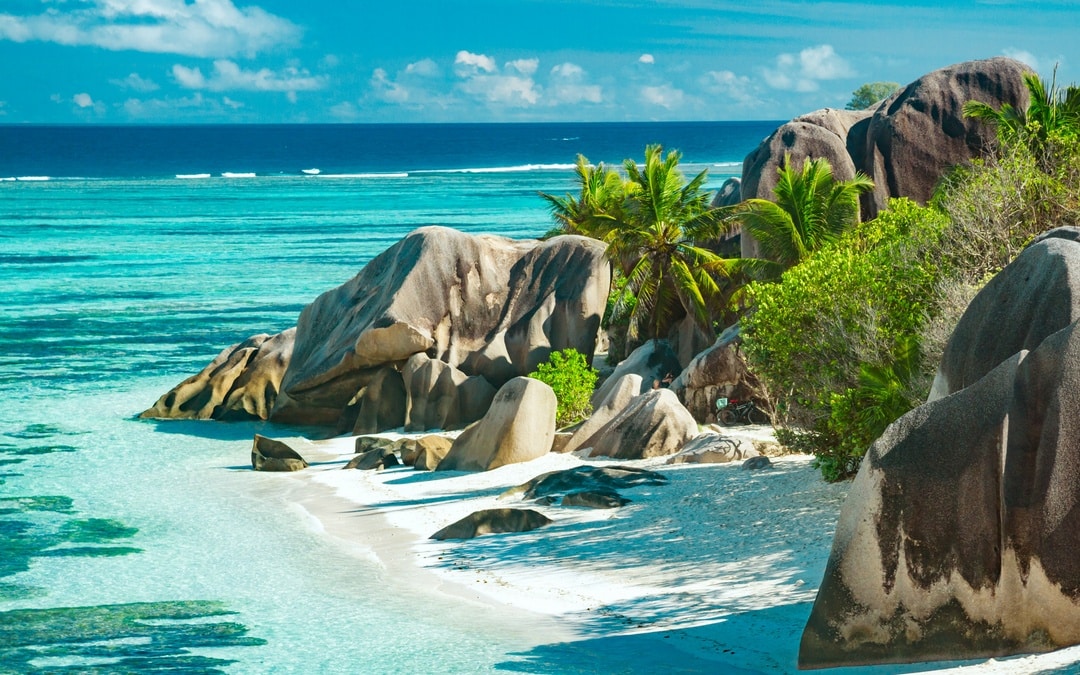Journalists are used to making a home anywhere. They often stay for days, weeks, or months in a place to report on a specific event. They stay in hotels and homes. They get to know language and locals. They walk the landscapes, eat the food, learn the transportation systems.
But what are the places that have so utterly captured them that they return, again and again, even when there’s no story going to print? Here are a few, highlighted in a recent Guardian article.
If you’re the adventurous trekking type, consider the lesser-known but breathtaking mountains of the Jalori Pass in India. You can book a fully-accompanied mountain treks — complete with air mattresses and ponies that carry all your gear — and costs include equipment, food, lodges, and expert guides. Take in the mountain vistas, forests, high meadow lakes, and centuries-old temples where pilgrims pray. It is a place, as journalist Emma Graham-Harrison says, that is “surprising, always beautiful, and entirely special.” In the vast landscape, taking it all in, passing few people along the way, she said she and her fellow travelers “were happy to be out of contact and suspended in time.”
The Seychelles are probably the most widely known African islands for romantic beach vacation. But like a sweet little secret in the Atlantic, the tiny twin-island nation of São Tomé and Príncipe sits peacefully tucked in the Gulf of Guinea. Known for its cocoa production, this place also attracts outdoor enthusiasts who come to enjoy the pristine bays and beaches, the heart-stopping beauty, the amazing cuisine, and the unique populations of rare birds and butterflies.
Very sparsely populated, the islands still boast a number of luxury hotels. With the interesting mix of African and Portuguese histories (the islands were formerly a Portuguese colony, and they are dotted with many now-defunct cocoa plantations), there’s an ease to the pace of life, and a fantastic, rich culture to enjoy. As a honeymoon destination, it rivals many of the more well-known islands — and it has the added advantage of not being overcrowded. As one traveler put it: “Between lunches of grilled red snapper on the jetty, I passed my days snorkeling amid shoals of tigery-looking fish, kayaking to distant beaches and falling asleep to the ebb of the tide on my own private beach. I was in danger of setting up shop here…”
Now that Cuba is on more people’s travel radars, it’s a great time to explore this lush, extraordinary place. Stephen Gibbs, a correspondent for the Guardian, writes of Playa Bacunayagua, Cuba, which sits quietly along the northern coast of Cuba. From any larger hotel in Havana, it’s easy to hire a guided car to take you to Bacunayagua. Along the way, you can stop by any number of roadside piña colada stands and enjoy a leisurely cocktail made from palm-fresh coconuts, cream, and pineapple.
On the way to the playa, you’ll cross the tallest bridge in Cuba — the Puente de Bacunayagua — which at over 1,000 feet long and over 300 feet above sea level, is rightly considered a marvel of civil engineering. The coastline, once a well-known pick-up point for boats smuggling Cubans to Florida, now holds plenty of undisturbed beaches that look out onto pristine, azure waters. It’s a perfect day trip and a wonderful way to see all that Cuba has to offer.
Are you looking for a perfect honeymoon that has all the thrill of a popular tourist destination, but that feels like a secret hideaway just for you? If that’s what you’re craving, I can help you get there! Together we can discover a place that you’ll want to return to again and again. Just click here to get in touch with me today or text me at 340-643-2277.

